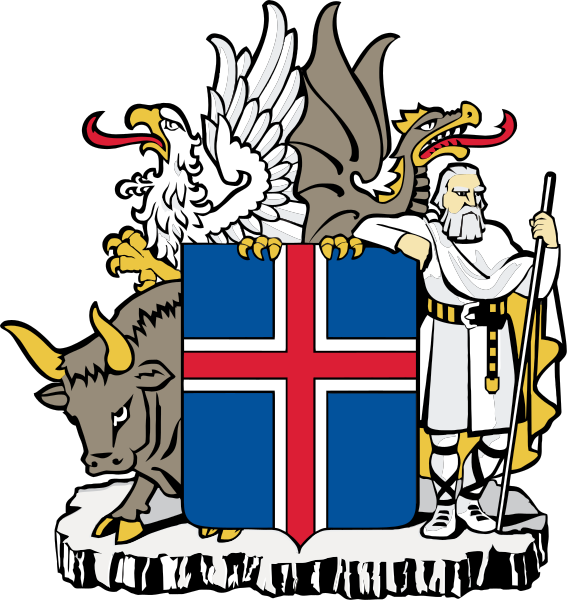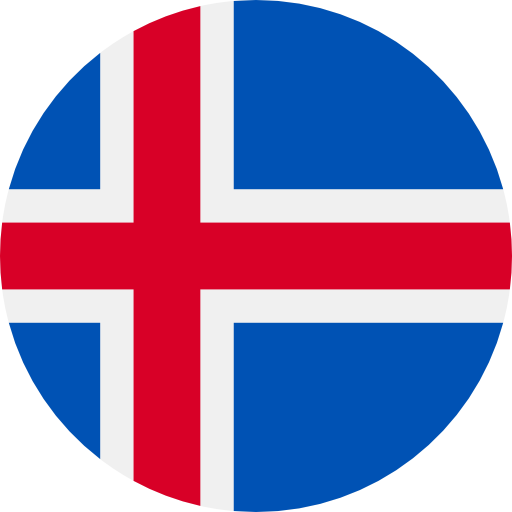About IS

Iceland is an island nation located in the North Atlantic Ocean, between Greenland and Norway. It is the westernmost country in Europe, and its capital and largest city is Reykjavik. Here are some basic facts about Iceland:
Population: As of 2021, the population of Iceland is estimated to be around 364,000 people.
Language: The official language of Iceland is Icelandic. English is widely spoken and is taught as a second language in schools.
Currency: The official currency of Iceland is the Icelandic króna (ISK).
Government: Iceland is a parliamentary representative democratic republic. The President of Iceland is the head of state, and the Prime Minister is the head of government.
Economy: Iceland has a mixed economy that is heavily dependent on fishing, tourism, and geothermal energy. The country has a high standard of living and ranks highly on measures of economic and social well-being.
Geography: Iceland covers an area of approximately 103,000 square kilometers, making it the 18th largest island in the world. The country has a varied landscape, including glaciers, geysers, volcanoes, hot springs, and waterfalls.
Climate: Iceland has a subarctic climate, with cool summers and mild winters. The weather is often windy and rainy, and the country experiences frequent changes in weather patterns.
Culture: Iceland has a rich cultural heritage, with a strong tradition of storytelling, literature, and music. The country is also known for its art, design, and architecture, as well as its outdoor activities such as hiking, skiing, and whale watching. Iceland is also home to the famous Icelandic sagas, a collection of medieval stories that tell of the country's early history.

National Culture Objects
Hallgrímskirkja
Hallgrímskirkja is a Lutheran parish church in Reykjavík and one of Iceland's most iconic landmarks. It symbolizes Iceland's unique architectural style and religious heritage.
Icelandic Horse
The Icelandic horse is a breed known for its small size, strength, and unique gait called the tölt. It represents Iceland's equestrian traditions and the importance of horses in Icelandic culture and history.
Geysers and Hot Springs
Iceland is renowned for its geothermal activity, with numerous geysers and hot springs, such as the famous Geysir and the Blue Lagoon. These natural features symbolize Iceland's unique geological landscape and the importance of geothermal energy.
Saga Literature
Icelandic sagas are historical prose narratives from the medieval period that recount the early history of Iceland. They symbolize the rich literary tradition and the importance of storytelling in Icelandic culture.
Skyr
Skyr is a traditional Icelandic dairy product, similar to yogurt but with a thicker consistency. It represents Iceland's culinary heritage and long-standing dairy farming traditions.
Aurora Borealis (Northern Lights)
The Aurora Borealis, or Northern Lights, is a natural light display visible in Iceland's skies during winter. It symbolizes the country's stunning natural phenomena and its appeal as a destination for witnessing these lights.
Þjóðhátíð (National Festival)
Þjóðhátíð is an annual festival held in Vestmannaeyjar during the first weekend of August. It symbolizes Iceland's cultural traditions, community spirit, and the celebration of national identity.

The national anthem of Iceland is called "Lofsöngur" (in English, "Hymn"). It was written by Matthías Jochumsson, with music by Sveinbjörn Sveinbjörnsson, and was officially adopted as the national anthem in 1944, when Iceland gained independence from Denmark.
Here are the lyrics of the Icelandic national anthem:
Ó, guð vors lands! Ó, lands vors guð!
Vér lofum þitt heilaga, heilaga nafn!
Úr sólkerfum himnanna hnýta þér krans
þínir herskarar, tímanna safn.
Fyrir þér er einn dagur sem þúsund ár,
og þúsund ár dagur, ei meir:
eitt eilífðar smáblóm með titrandi tár,
sem tilbiður guð sinn og deyr.
Ó, guð vors lands! Ó, lands vors guð!
Vér lifum sem gleðig kristin þjóð
og berum vöku og von um eina nýja lönd,
sem vér héldum á höndum þjóð.
Translation:
O, God of our land! O, our land's God!
We praise Thy holy, holy name!
From the solar systems of the heavens, Thy crown has been woven
By Thy servants, the collection of time.
For Thee, a single day is like a thousand years,
and a thousand years, one day, no more:
One brief, eternal flower with trembling tears,
That worships its God and dies.
O, God of our land! O, our land's God!
We live as a joyful Christian people
And bear watch and hope for one new country,
Which we hold in our hands as a nation.


